Protecting Children through Fair Trade
How can a Fair Trade Campaign impact
labor trafficking and child labor?
Labor trafficking occurs when individuals are compelled to work through force, fraud, and 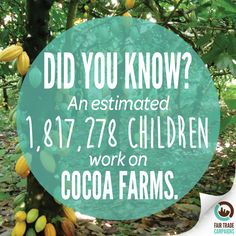 coercion. It is used to produce many of the commodities offered in our communities: the soccer balls kicked by our university teams; the coffee poured in our congregations; and the apparel sold in our local boutiques. In fact, it is estimated that 21 million workers around the world are victims of labor trafficking. Moreover, there are about 168 million child workers, more than half of whom are estimated to be engaged in hazardous work.
coercion. It is used to produce many of the commodities offered in our communities: the soccer balls kicked by our university teams; the coffee poured in our congregations; and the apparel sold in our local boutiques. In fact, it is estimated that 21 million workers around the world are victims of labor trafficking. Moreover, there are about 168 million child workers, more than half of whom are estimated to be engaged in hazardous work.
Yes, these are staggering numbers. Fortunately, there are measures that we can take to minimize our contributions to these unethical practices, and that includes becoming a Fair Trade community.
Fair Trade and Unethical Labor Practices
Not only does the Fair Trade model provide fair wages for producers, it also takes measures to ensure that forced and child labor are not used in the production of goods.
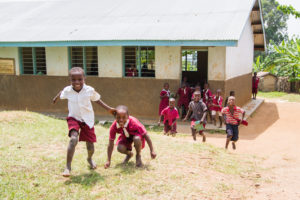
Members of a coffee cooperative in Uganda voted to use some of their Fair Trade community development funds to repair the roofs of the local school’s buildings after they were taken off by a big storm. They also used some funds to purchase 60 desks for the school.
Through extensive audits, both on site at farms and factories and on paper, Fair Trade certifiers work with producers to ensure labor practices are fair. For example, FLO adheres to strict standards when conducting its audits, using criteria such as the specifications laid out by the International Labor Organization’s Convention on the Worst Forms of Child Labor. Depending on the findings, certification can be revoked until the producers, with the assistance of the certifiers, make progress towards elimination of such practices.
Another essential aspect of Fair Trade are the premiums paid to producers. These premiums are reinvested into communities through a wide variety of programs, including investments in education. Instead of working, children can focus on their development and well-being thanks to these programs.
To support these efforts and continue providing benefits to producers and their children, it is important for us as consumers to create a demand for Fair Trade. By increasing Fair Trade product availability, educating our peers on the importance of Fair Trade, and passing resolutions through our governing bodies, we are actively implementing long-term changes in our own backyard to eliminate forced and child labor around the world.
Fair Trade Campaigns and Labor Trafficking
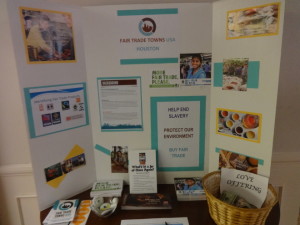
Fair Trade Houston‘s poster board reads: “Help End Slavery…Buy Fair Trade”
It is no surprise, then, that several Fair Trade campaigns – like the University of Delaware and George Mason University – have developed from anti-human trafficking organizations on campus. Other types of campaigns have also hosted anti-human trafficking events. For instance, San Diego First Church of Nazarene (a Fair Trade congregation) and Fair Trade Altadena (a Fair Trade town) held panels of speakers who discussed human trafficking and Fair Trade. Last fall, Fordham University invited a presenter from Alta Gracia, a sweat-shop labor free factory that sources apparel ethically for students. Other campaigns like Penncrest High School in Media, PA, have hosted film screenings of the Dark Side of Chocolate, a movie that documents child labor on cocoa plantations in the Ivory Coast.
Now that you know more about child trafficking, you can certainly do something about it. In fact, if you’re currently involved with a Fair Trade campaign, you are doing something about it! Read on for more ways you can take action.
Take Action
1. Host a Fair Trade lunch, dinner, or coffee hour to raise awareness about labor trafficking
Educate and mobilize your own communities on the connection between labor trafficking and Fair Trade. Consult with the U.S. Fund for UNICEF’s End Trafficking project’s “Fair Trade Event Kit” for discussion questions, resources, and event material as you prepare.
2. Collaborate with anti-trafficking groups in your community
There are many community and student groups working to end trafficking. Reach out to these leaders to co-host events. You may even want to invite a member of these groups to sit on your committee.
3. Host a film screening
There are several films that describe the harsh realities of labor trafficking and child labor. Host a film screening to educate your friends and colleagues. We recommend The Dark Side of Chocolate, The True Cost and The Harvest/La Cosecha.
4. Pick an awareness day, week, or month to host a Fair Trade event
National Slavery and Human Trafficking Prevention Month (January), World Day Against Child Labour (June 12), or World Day Against Trafficking in Persons (June 30), are all great periods for awareness raising. Click here for a full list of related calendar events.
5. Listen to the Ending Human Trafficking Locally and Globally Podcast!
Take a deeper dive into child trafficking with the Ending Human Trafficking Locally and Globally podcast (available on iTunes and most android podcast applications). The End Trafficking project, an awareness campaign of the U.S. Fund for UNICEF, recently launched this podcast series. If you’re interested in learning more about the intersection between child trafficking and Fair Trade, we suggest you listen to “Episode 5: Vote with Your Dollar-The Power of Fair Trade.”

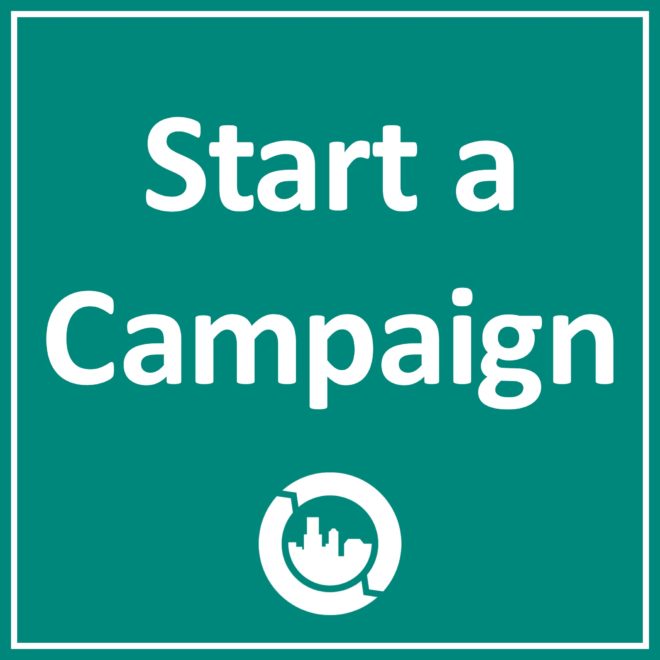

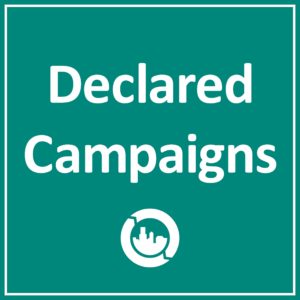
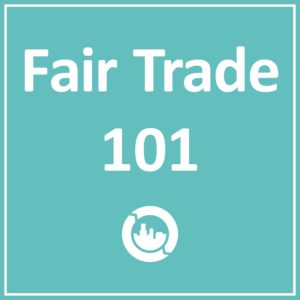
You must log in to join the discussion. If you are not already a member registering is easy.